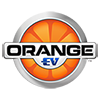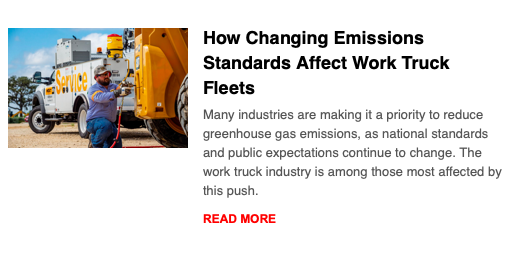“Tier 4 is likely not the final chapter in emissions regulations, as more stringent standards could be on the horizon.”
The recent Work Truck article “How Changing Emissions Standards Affect Work Truck Fleets” notes that older trucks must be replaced with Tier 4-compliant vehicles and “…Tier 4 is likely not the final chapter in emissions regulations, as more stringent standards could be on the horizon”.
How does that affect work truck fleets? “Since the implementation of Tier 4 regulations, many work truck fleets are seeing increased downtime for engine regeneration and more time and money spent on maintenance.”
The diesel particulate filter (DPF) in particular is driving increased downtime and maintenance, requiring periodic cleaning through regeneration. DPFs can cost thousands to replace. Parked regen can cost up to an hour of truck downtime. Automatic regen occurs when driving at uninterrupted highway speed, which isn’t feasible for yard trucks. So what’s the answer for yard truck fleets?
The article concludes “Changing emissions standards and the EPA’s Tier 4 regulations for diesel engines have changed the game for work truck fleets. But there are technologies and equipment available that help operations reduce emissions and save fuel, while improving productivity and efficiency.”
Yes, there are. Orange EV’s T-Series pure electric terminal trucks, commercially deployed since 2015, has been proven in the field to increase reliability, reduce downtime, and save fleets up to $20,000-$60,000 annually per truck in fuel, maintenance, emissions control, and other diesel-related costs. With zero emissions. Contact Orange EV to learn more.


